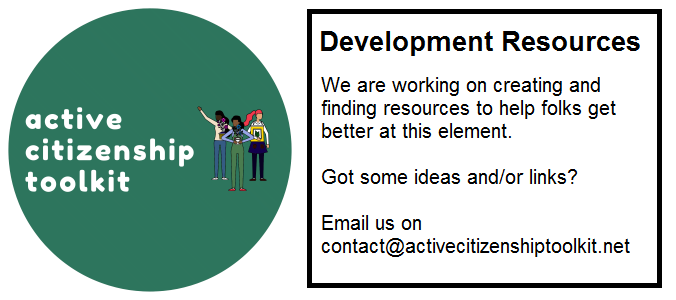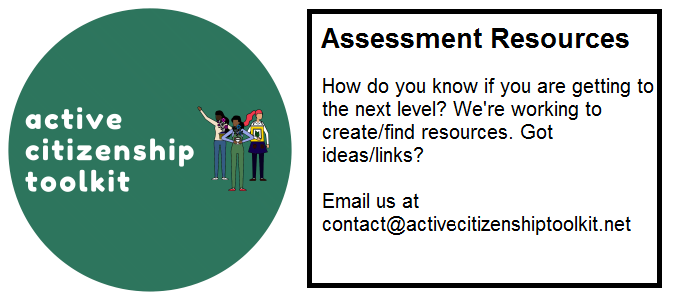Element Descriptor
Anti-reflexivity – the determined refusal to acknowledge that the world is actually a complicated place and that the half-remembered stories from secondary school textbooks are not a perfect guide to it – is becoming a more of a Thing. Understanding the epidemiology, presenting systems and possible cures of it is gonna get more useful as more and more people retreat into various forms of stupid. Not understanding it will increase the chance of slanging matches and pig wrestling.
Level descriptors
| Novice | Practitioner | Expert | Ninja |
|---|---|---|---|
| You can spot basic anti-reflexive behaviours in “obvious loons” who say climate change is a hoax, think drinking bleach is an idea to look into and are generally triggered by young Swedish female activists. You know ‘where they are coming from’ intellectually, and what they can’t process, emotionally or cognitively. | You can spot anti-reflexive behaviours and opinions in sane, rational and functional people who just can’t/do not want to think about the depths of the shit we are in. You know ‘where they are coming from’ intellectually, and what they can’t process, emotionally or cognitively. | You can spot anti-reflexive behaviours and opinions in “mostly onside” light green types who are sold on recycling and cycling. but not much more. You know ‘where they are coming from’ intellectually, and what they can’t process, emotionally or cognitively. | You can spot the anti reflexivity embedded in all those glossy green growth proposals put forward by people who genuinely believe they ‘get’ climate change and know what to do about it. You are not very popular. |
Element Overview Essay
This is a draft. If something doesn’t make sense, or you see typos, or if you have further ideas, please email us on contact@activecitizenshiptoolkit.net
The reason social movement organisations are not good at coping with anti reflexivity is they don’t even know what it means, which is kind of fair enough because it is a bit of jargon. Anti-reflexivity refers to the unwillingness of certain kinds of individuals – sometimes paid by incumbent, status quo industrial actors, sometimes not – to cope with the fact that technology is a two-edged sword. And that many of the things that have made “our” lives better have also made them worse.
But people who are anti reflexive, want to deny that, and they want to see nuclear power or burning fossil fuels as an unalloyed good, where if there are downsides – which they often dispute – these are manageable with more technology.
It’s tricky because it is easier to just label these people stupid or evil or something, rather than try to see the world from another point of view, go full-Husserl and all that…
The consequences of not understanding where the anti-reflexivity comes from is that you end up in some quite sterile dialogues, talking with, say climate deniers about the minutiae of what’s going on or not going on, without seeing the bigger picture of what drives him and what they’re actually trying to defend what they’re actually trying to say. This means that you are unable to communicate that to your real audience, which is the people who might be watching the debate.
The solution to anti reflexivity, lack of awareness, knowledge, etc. is to watch some brilliant, I mean totally brilliant videos that were made. About the Dunlap and McCright article about it, or about reflexive modernization. I mean, these are just staggeringly good videos. And the person who invented them really develop them really deserves a Nobel Peace Prize.
And more seriously reading about the psychology and sociology of climate denial and the plan, the funding given by the usual suspects the American Petroleum Institute, And the Global Climate Coalition, now defunct and so forth. it’s a hobby I’m not going to say it’s worth all of your time. But if you want to know about anti reflexivity, then you could do worse.
Development Resources

Assessment Resources

